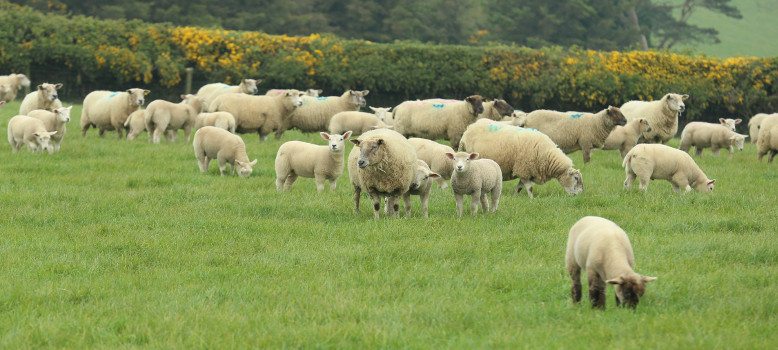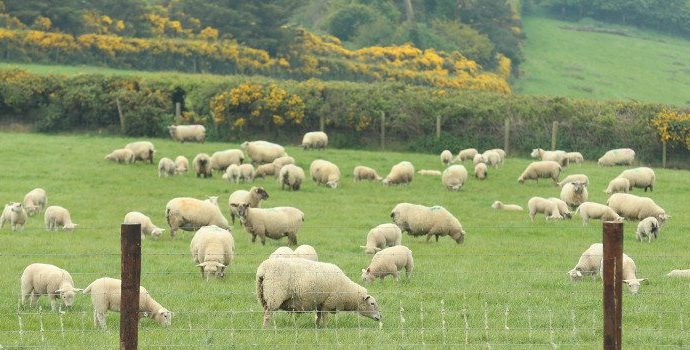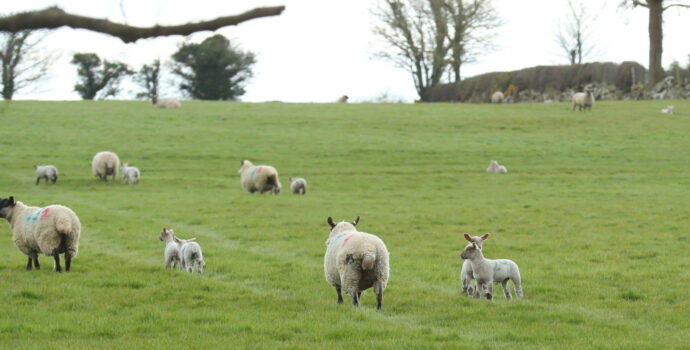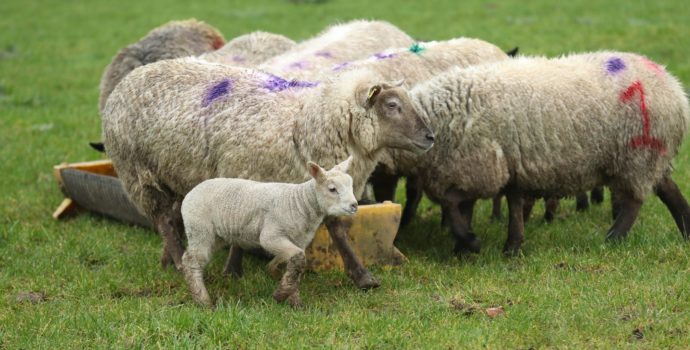Further Flexibilities Needed in Sheep Improvement Scheme

IFA Sheep Chairman Kevin Comiskey said the Department of Agriculture must take further action with the new Sheep Improvement Scheme terms and conditions.
Following a meeting with senior Department officials, he said further amendments are needed if farmers are to avoid penalties.
Teagasc has clearly outlined the importance of the targeted ewe payment in maintaining margins on sheep farms. The €12/ewe payment must be built on to provide €30/ewe and the existing scheme must be developed in a way that ensures all farmers applying receive the €12/ewe payment.
Kevin Comiskey said the amendment to the criteria for new entrants – removing the Level 6 education requirement – is a practical and reasonable update to the scheme.
However, he said the criteria around the genotyped/parentage verified ram requirement in the scheme has the potential to severely impact on farmers ability to comply with the current scheme Terms and Conditions.
Farmers were required to nominate the year/s they will carry out the genotyped/parentage verified ram action at application and are effectively tied to that year/s. This must be amended to allow farmers carry out this action when most suitable for them and when there is a competitive supply of these rams available in the market place.
“Due to a high uptake on the action in year one, and having to have the measure completed by year three, has raised huge concerns about the availability of suitable rams in this narrow window,” he said.
He said farmers applied with good intentions to breed sheep with higher genetic merits through this action, while also decreasing the risk of scrapie in their flocks.
Kevin Comiskey said as it stands, the action has real potential to create disruption in the market place; undermine the purpose of the action; and impact on farmers’ ability to comply with the scheme criteria. This is not acceptable.
Once a farmer meets the requirement at any point within the five years of the scheme, it must be accepted as meeting the criteria.
As the first year of the scheme will run from February 1st to December 31st 2023, farmers who scan sheep in January will be ineligible for payment on this action in year one. Farmers who choose this action are been provided with an option to select a different measure in the first year of the scheme he said.
Kevin Comiskey said due to concerns around ram availability in the market place, the only alternative action available to farmers in this scenario is flystrike control.
He said if the scheme year period ran similar to the SWS, allowing scanning from January 2024 for the first year of the scheme, it would maximise options for farmers and avoid anybody being penalised for not completing an action.
The IFA Sheep Chairman said generational renewal is an enormous challenge for the sector and the scheme must provide maximum flexibility for new entrants. He said new entrants to the sector must be provided with a rolling reference period which accurately reflects the level of activity on their farms while establishing their flocks throughout the duration of the scheme.
All new entrants and existing farmers who do not apply in the first year must also be accepted into the scheme if it is decided to partake in subsequent years.
The IFA Sheep Chairman said the DAFM must recognise the complexities farmers will face through these actions and they must be addressed immediately.




